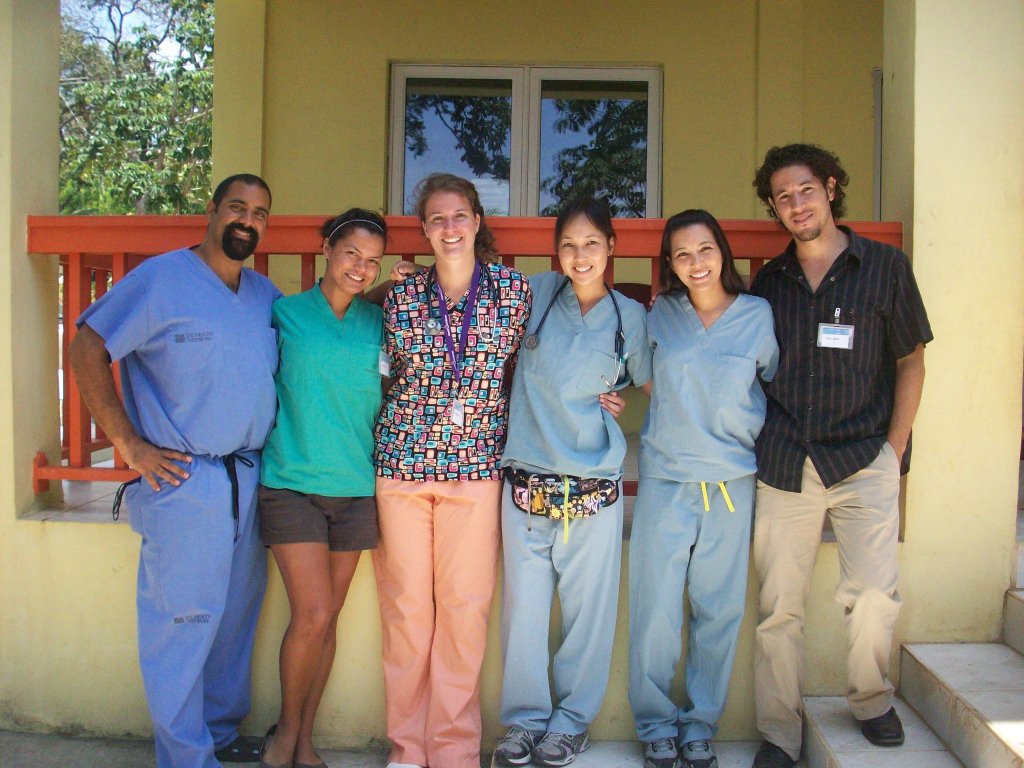Can Virginia nurses affect the quality of water in South Africa, aid Bahamians in better managing their diabetes, and promote hygienic practices to halt the spread of disease in Malawi?
Those are among the aims of the new Rural and Global Health Care Center at the University of Virginia School of Nursing, a new effort that will encourage nurse-driven solutions to aid the world’s most vulnerable people.
Given nurses’ centrality to developing nations’ health care delivery, Marianne Baernholdt, the new center’s director and associate nursing professor, said the effort will fortify and expand their essential role in the world’s rural areas.
“Many villagers travel hours or days to see a doctor, but in many cases, nurses are accessible and central to health care delivery, which is why our focus is so critical,” Baernholdt said. “We live in a small world – one where civil wars in Africa generate refugees in Virginia – and it’s increasingly important for our nursing students to understand that many of our most vulnerable citizens are best aided by nurses. But each of those nurses needs training and education, and the problems themselves need careful assessment.”
Bringing together two of the school’s strengths – its work in rural health care and its global initiatives – the new effort is fortified by the school’s domestic rural health initiatives, both past and present, including the provision of training grants for rural nurse leaders in Southwest Virginia, the NIH-funded Southeastern Rural Mental Health Research Center (1992-2000), the Rural Health Care Research Center (2004-09), and the ongoing Nursing Leadership in Rural Health Care grant first awarded in 2009.
The Rural and Global Health Care Center will build on the Nursing School’s already extensive experience serving rural residents through assessment, education and practice, and reflects the school and University’s growing interest in education abroad.
More than a quarter of nursing courses interweave global health issues, while about 10 percent of nursing students choose to travel and study abroad – numbers the school aims to increase through scholarships, workshops and other opportunities.
The Nursing School’s Global Initiatives Office, which Baernholdt also leads, already has a host of international projects in the queue, from teaching palliative care practices to community health workers in Mpumalamga and Limpopo, South Africa, to providing culturally sensitive prenatal care in St. Kitts. While most of these international projects lie in rural areas around the world, the new center will also conduct programs in urban areas, too.
“It’s increasingly critical for our nurses to look like those they’re serving,” notes Dean of Nursing Dorrie Fontaine, the Sadie Heath Cabaniss Professor. “Expanding global initiatives makes sense not only because we must aid the most vulnerable people, but also because it’s essential training for our students who will live and serve in an increasingly diverse world. Service abroad informs service at home for sure, and we’re so proud to be the home for this new center.”
The new Rural and Global Health Care Center will work closely with the U.Va. Center for Global Health. Baernholdt will be aided by her administrative assistant, Hannah Walker.
Media Contact
Article Information
April 12, 2013
/content/new-center-brings-nurse-driven-solutions-and-assessment-world-s-vulnerable-rural-citizens-0

